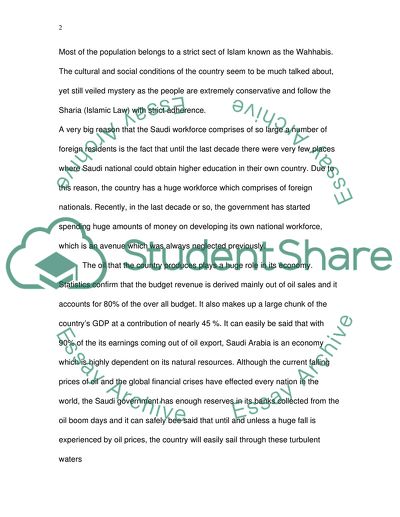Cite this document
(Greece & Saudi Arabia: A Comparative Analysis Case Study, n.d.)
Greece & Saudi Arabia: A Comparative Analysis Case Study. Retrieved from https://studentshare.org/geography/1565892-greece-vs-saudi-arabia
Greece & Saudi Arabia: A Comparative Analysis Case Study. Retrieved from https://studentshare.org/geography/1565892-greece-vs-saudi-arabia
(Greece & Saudi Arabia: A Comparative Analysis Case Study)
Greece & Saudi Arabia: A Comparative Analysis Case Study. https://studentshare.org/geography/1565892-greece-vs-saudi-arabia.
Greece & Saudi Arabia: A Comparative Analysis Case Study. https://studentshare.org/geography/1565892-greece-vs-saudi-arabia.
“Greece & Saudi Arabia: A Comparative Analysis Case Study”. https://studentshare.org/geography/1565892-greece-vs-saudi-arabia.


